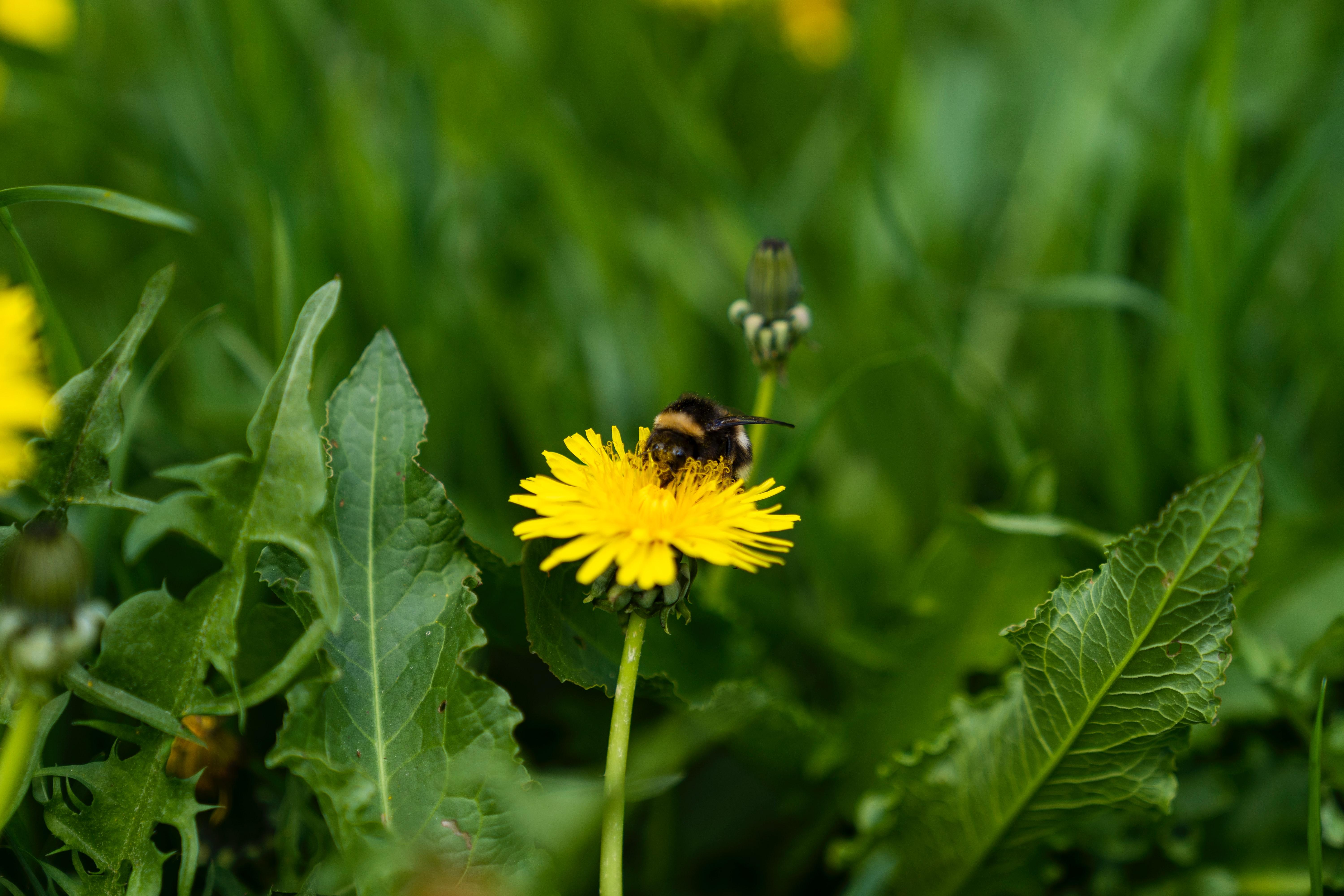
The Commission adopts a new EU Biodiversity Strategy
Today, 20 May 2020, the European Commission adopted a comprehensive new Biodiversity Strategy for 2030 to bring nature back into our lives.
In line with the European Green Deal, the strategy proposes ambitious actions and commitments at the EU level to halt biodiversity loss in Europe and worldwide. The strategy puts the citizen at the centre by committing to increase the protection of land and sea, restoring degraded ecosystems, and establishing the EU as an international leader when it comes to biodiversity protection.
The new Biodiversity Strategy addresses the key drivers of biodiversity loss such as overexploitation of natural resources, unsustainable use of land and sea, pollution, and invasive alien species. The strategy is a central element of the EU's recovery plan in light of the COVID-19 pandemic as biodiversity is crucial to prevent and build resilience to future outbreaks and provide immediate business and investment opportunities to restore the EU's economy. It also aims to make biodiversity considerations an integral part of EU's overall economic growth strategy.
The strategy proposes to, among others, establish binding targets to restore damaged ecosystems and rivers, improve the health of EU protected habitats and species, bring back pollinators to agricultural land, reduce pollution, green our cities, enhance organic farming and other biodiversity-friendly farming practices, and improve the health of European forests.
The actions foreseen in nature protection, sustainable use, and restoration will bring economic benefits to local communities, creating sustainable jobs and growth. Funding of €20 billion per year will be unlocked for biodiversity through various sources, including EU funds, national, and private funding.
The Commission invites the European Parliament and the Council to endorse these two strategies and its commitments.All citizens and stakeholders are invited to engage in a broad public debate.
Read the communication in full here.
- 20/05/2020
-
Working Group